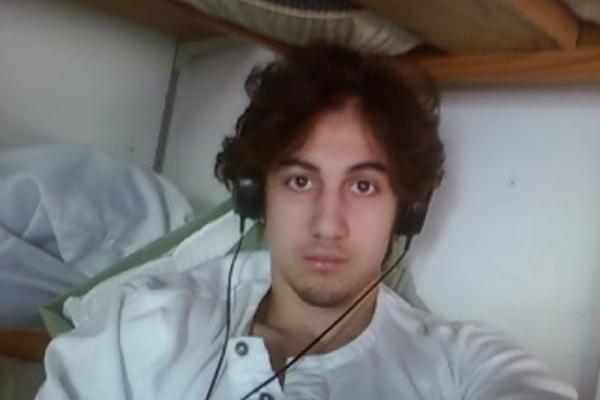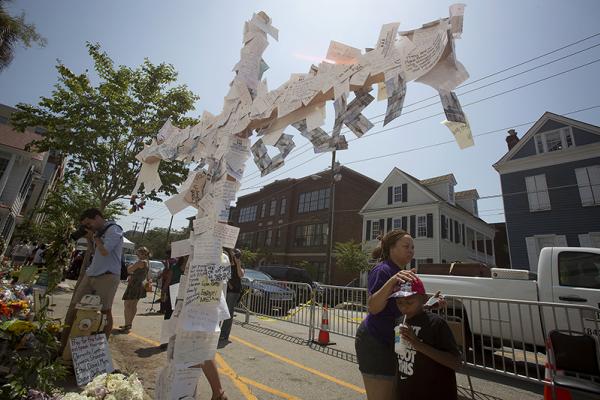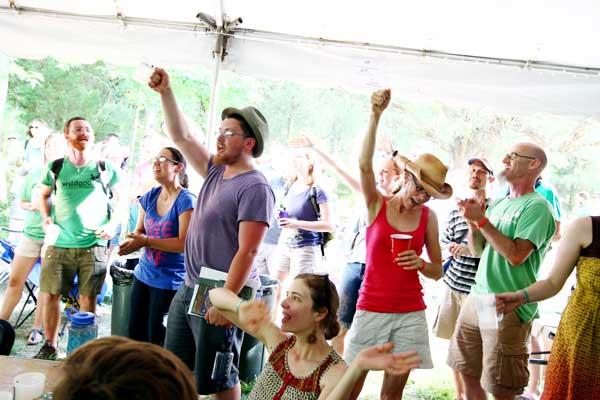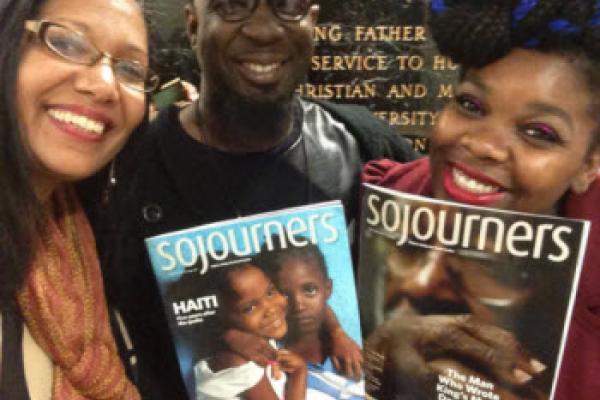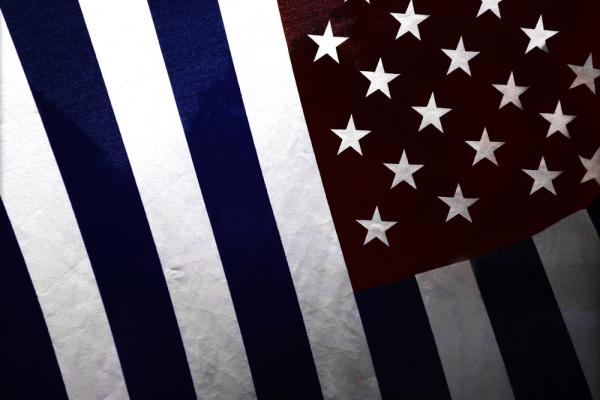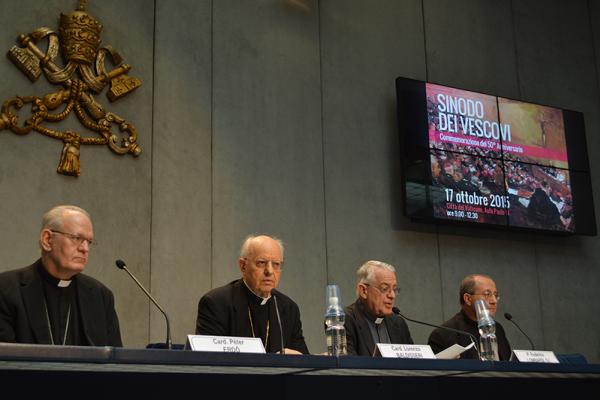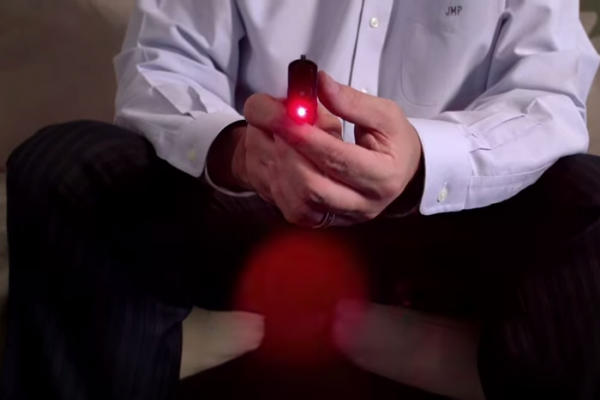Boston Marathon bomber Dzhokhar Tsarnaev apologized in court June 24 for “the suffering that I’ve caused” in the April 2013 attack that killed three people and wounded hundreds.
Tsarnaev said in a shaky voice that he was guilty and that he prays for the victims.
“I am sorry for the lives that I’ve taken, for the suffering that I’ve caused you, for the damage that I’ve done — irreparable damage,” he said, breaking more than two years of public silence.
“I pray for your relief, for your healing,” he added.
I keep thinking about one stubborn fact of my own (limited) experience: I have never attended a Christian church that employed armed security, and I have never visited a Jewish synagogue that was not guarded by armed security. I first noticed it at a prosperous synagogue many years ago in northern Virginia, but since then have seen it elsewhere in the U.S. and abroad. I will never forget when my wife and I visited the historic Great Synagogue in Rome — where a 2-year-old boy had been murdered , and 34 children injured, in a horrific 1982 attack on a Shabbat service. A machine-gun-toting Italian police officer guarded that synagogue the day we were there. Armed security was certainly present in Jerusalem when I visited a synagogue in that city.
People regularly victimized by violence, including in their holy places, will seek to protect themselves. I cannot fault them for it. I fault those whose crimes have evoked this response.
The Christian conference circuit has special appeal to women.
Jews and Muslims alike have dinners and parties organized around their holiday calendar.
And Buddhists and New Agers get heady: More than half of these groups’ sponsored events are classes and seminars, and meditation retreats.
Those are just a few of the revelations culled from a study conducted by Eventbrite, a company that markets tens of thousands of live experiences annually, from small workshops to massive music festivals.
One interesting fact about Sojourners history: when we began publishing the magazine, it was distributed for free on several college campuses. For the past two years we’ve renewed that tradition as part of a tour of historically black colleges and universities.
In February, Lisa Sharon Harper, Sojourners’ Chief Church Engagement Officer, spoke with students at four HBCU campuses across the country
White people can no longer afford to deny the violent racism that infects our lives. Rather, we must take responsibility for it. The first thing we need to do is to name it. Yes, name it in people like the terrorist who killed the nine people at Emmanuel last Wednesday. Name it in our political, economic, and entertainment systems that propagate and benefit from racist structures. For example, did you know that currently, “the U.S. has a greater wealth gap between whites and blacks than South Africa did during apartheid?” Name it for the sinful, demonic structure that it is.
But just as important, name the racism that infects you. It’s not helpful to just name racism in others if we don’t also take responsibility for the racism within each of us. Name it in yourself so that you can repent from it. And once you repent from it, name it again and again. Racism is so embedded in our culture that its evil will surely return to our lives.
Please don’t fail to recognize this vital moment in American history: when our fellow citizens screamed for equality, marched for recognition, and pleaded for justice. Because someday the next generation will ask us: What did you do?
And so today we must ask ourselves: What are we doing? What are we seeing? What does this all mean?
Because the last few years within our country — a continuation of the past hundreds of years — have been socially jarring for a society that considers itself a modernized, technologically advanced, and morally superior nation
The school’s atmosphere, cultivated over the past nine months, has a magical effect on the 80 attending students. In a surprisingly short time, the commitment to creating a nonviolent learning environment has enabled at least thirty students to become literate.
As the governor of the first state to secede from the Union, Haley treaded softly on Monday, explaining: Some “South Carolinians view the flag as a symbol of respect, integrity, and duty. They also see it as a memorial. A way to honor ancestors who came to the service of their state during time of conflict.” But, “for many others in South Carolina,” she continued, “the flag is a deeply offensive symbol of a brutally oppressive past.”
Haley explained that it is fine for individuals to fly the Confederate flag on their own private property.
“But, the state house is different,” she declared.
Why is it different and what is the connection to the deaths of Walter Scott and The Emanuel Nine?
Vatican officials on June 23 released a document on family values — a precursor to a major meeting in October — that underscores the ongoing tension between Pope Francis’ desire for a more “welcoming” church and the need to hew to long-standing tradition and doctrine.
“The Christian message should be conveyed using language that generates hope,” reads the 78-page working document , which compiles the responses of Catholics around the world on issues facing modern families.
A lifelong anti-abortion activist, Schenck has impeccable evangelical credentials. Consequently, after the 2013 D.C. Navy Yard shooting left 13 people dead in his own neighborhood, Schenck risked losing those credentials — and possibly his career — as he publicly began to question the unholy alliance between God and guns that exists among many conservative evangelicals.
Though Schenck has already made a few public statements about his support for stricter gun control as part of his pro-life stance, he expects that The Armor of Light, released earlier this year, will cause him to lose "significant" financial support.
Not that he minds.
